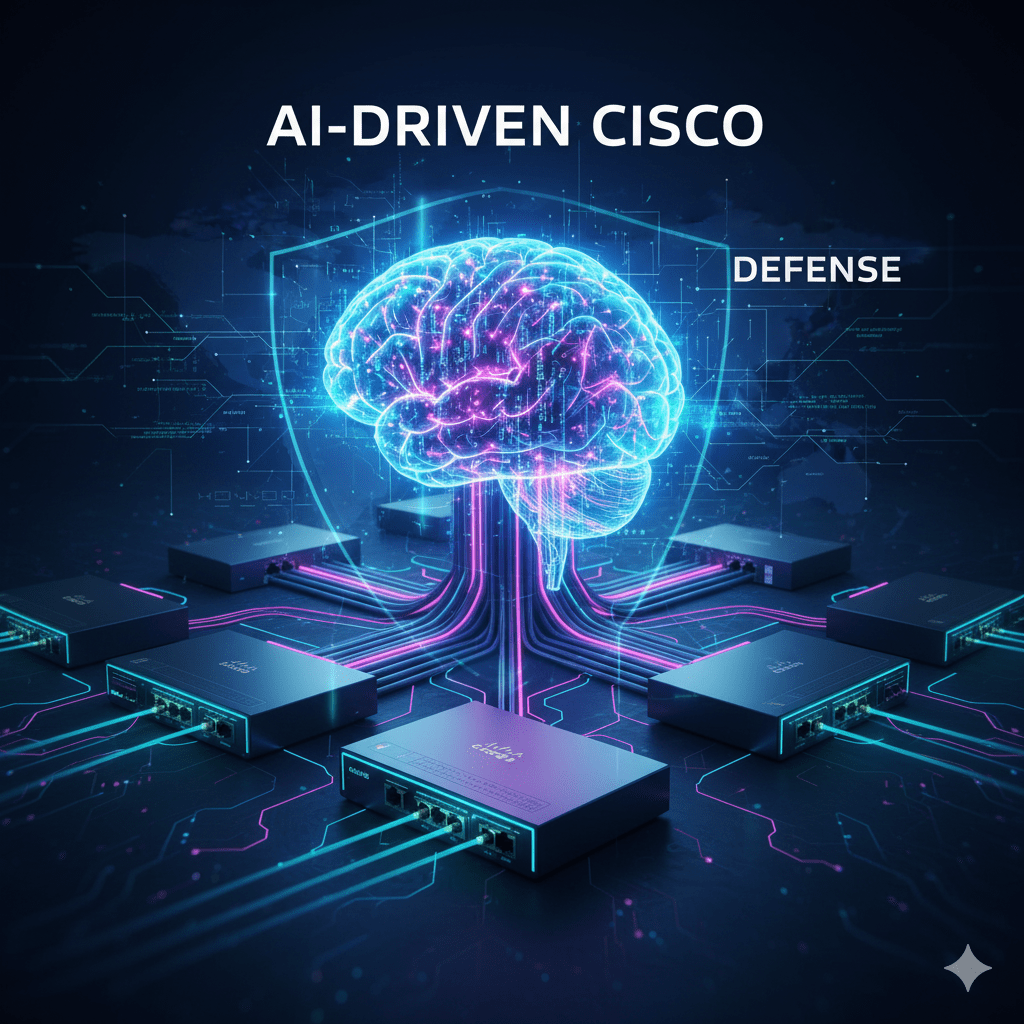In today’s digital-first world, cloud computing has become the backbone of IT infrastructure. Businesses across industries rely on cloud platforms for scalability, flexibility, and cost efficiency. However, as cloud environments grow in complexity, managing and optimizing performance can become challenging. This is where Artificial Intelligence (AI) in cloud performance optimization plays a game-changing role.
Why AI is Essential for Cloud Optimization
Traditional cloud management tools often fall short when handling large-scale, dynamic environments. AI introduces automation, predictive analytics, and intelligent decision-making to enhance performance and reduce inefficiencies.
Key Benefits of AI in Cloud Performance Optimization
Predictive Resource Allocation – AI analyzes workloads and predicts demand, ensuring resources scale up or down automatically. This prevents over-provisioning and reduces operational costs.
Improved Security & Threat Detection – AI-powered monitoring tools detect anomalies, unauthorized access, and cyber threats in real-time, ensuring stronger security for cloud environments.
Automated Performance Monitoring – AI continuously monitors applications and infrastructure, identifying bottlenecks and providing real-time optimization suggestions.
Cost Optimization – By analyzing usage patterns, AI helps businesses reduce unnecessary spending on idle resources, making cloud investments more cost-effective.
Enhanced User Experience – Faster response times, reduced downtime, and better reliability improve overall customer satisfaction.
AI Applications in Cloud Performance
Load Balancing: AI dynamically distributes workloads across servers for optimal performance.
Energy Efficiency: AI minimizes energy consumption in data centers by adjusting workloads intelligently.
Disaster Recovery: Predictive models enhance backup and recovery strategies for business continuity.
DevOps Integration: AI-powered automation accelerates software deployment and performance testing.
Future of AI in Cloud Optimization
The combination of AI with cloud computing will continue to evolve, especially with advancements in edge computing, 5G, and hybrid cloud adoption. Businesses that embrace AI-driven optimization will gain a competitive advantage by achieving higher efficiency, stronger security, and improved agility.
Conclusion
In 2025, businesses are expected to focus heavily on cloud cost management. AI will play a vital role by analyzing usage patterns, eliminating waste, and suggesting the most efficient pricing models. AI is no longer just an emerging technology—it is a strategic necessity for cloud performance optimization. From predictive scaling to intelligent monitoring, AI enables businesses to maximize their cloud investments while minimizing risks and costs. As cloud infrastructures expand, the synergy between AI and cloud will redefine the future of digital transformation
AI in cloud performance optimization refers to the use of machine learning and intelligent algorithms to monitor, manage, and improve cloud infrastructure efficiency.
AI identifies idle resources, predicts demand, and automates scaling to prevent overuse, ensuring businesses pay only for what they need.








